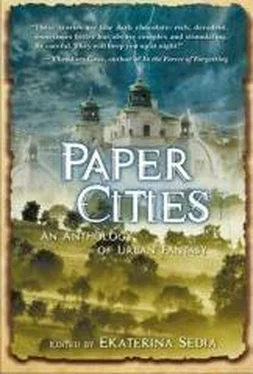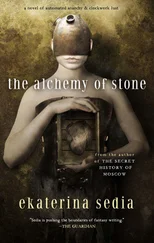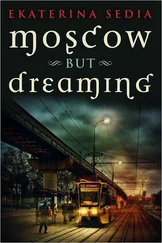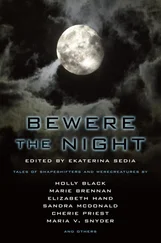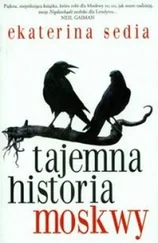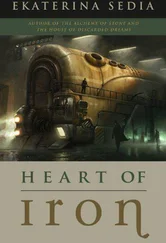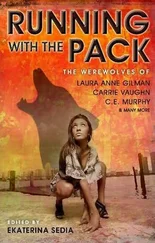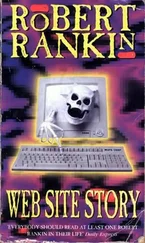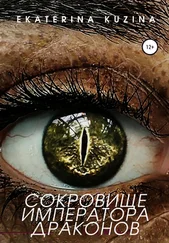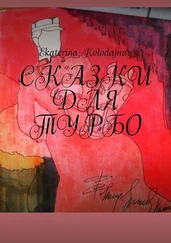Ekaterina Sedia resides in the Pinelands of New Jersey. Her new novel, The Secret History of Moscow, was published by Prime Books in November 2007. Her next one, The Alchemy of Stone, will be published in June 2008. Her short stories have sold to Analog, Baen's Universe, Fantasy Magazine, and Dark Wisdom, as well as the Japanese Dreams (Prime Books) and Magic in the Mirrorstone (Mirrorstone Books) anthologies. Visit her at www.ekaterinasedia.com.
Ekaterina Sedia resides in the Pinelands of New Jersey. Her new novel, The Secret History of Moscow, was published by Prime Books in November 2007. Her next one, The Alchemy of Stone, will be published in June 2008. Her short stories have sold to Analog, Baen's Universe, Fantasy Magazine, and Dark Wisdom, as well as the Japanese Dreams (Prime Books) and Magic in the Mirrorstone (Mirrorstone Books) anthologies. Visit her at www.ekaterinasedia.com.
Biolog: Ekaterina Sedia By Richard A. Lovett
* * * *

* * * *
Ekaterina Sedia likes lichens. “They’re like little trees,” she says. That’s because she’s a biologist who did her Ph.D. studying them in New Jersey ’s Pine Barrens.
To date, however, there haven’t been any lichens in her Analog stories. Instead, they’ve been about genetic engineering, including the popular “Alphabet Angels,” which (coauthored with David Bartell) not only won an AnLab Award, but was her first-ever fiction sale.
That story appeared in 2005. Since then, she’s only appeared a handful of times in these pages, but she’s published two novels and racked up nearly two dozen short story sales to other publications.
And she’s not even doing this in her native language. Sedia was born in Russia and didn’t move to the U.S. until 1991. Nor did she grow up reading science fiction. She began with literary mainstream, then shifted when she got older, “because there’s just so much realism you can take.”
She found that science fiction and fantasy are still basically about the human condition. “But you can put those humans into more interesting situations.”
One advantage of coming to the field late was that she’d developed a literary taste that she could import into her fiction. “Words matter,” she says. “Style isn’t something separate from a story.”
As a biologist, she’s struck by the paucity of stories featuring good, plausible biology. “Genetic engineering is generally used like magic,” she says. “It’s the same with nanotechnology. Most people don’t see the limitations.”
She also likes history. An upcoming novel, The Secret History of Moscow, (due in November) deals with the things every culture sweeps under the carpet. “Basically, it’s history written by the losers,” she says.
As a Russian, she’s sometimes drawn to darker-than-average stories. “It’s a stereotype,” she says, “but accurate.” Nor is she a fan of technological fixes. Many problems, she believes, are unintended consequences of prior technologies.
She avoids the pretense of thinking she writes only to entertain. Entertainment is important to her, but it can’t be the only thing. “I recently saw magazine guidelines that said, ‘No agenda stories,’” she says. “All stories are agenda stories. You might not necessarily notice the agenda, but it’s there. Either it’s maintaining the status quo, or challenging it, or approving it, or ignoring it. For me, it’s about acknowledging and questioning the status quo.”
Copyright (c) 2007 Richard A. Lovett
* * * *

* * * *
The story of Cain and Abel has always struck me as odd. It seemed deeper than mere sibling rivalry, grander than a simple murder. Moreover, Cain seemed to be the real victim. What happened to Cain after his marking and exile to the land of Nod? What had become of his sacrifices? And, most importantly, can one fit six recipes for chutneys into a short story?
* * * *
EVERY TIME I THINK about my brother I make chutneys, mango or cranberry, mint or date; it doesn’t matter as long as the recipe calls for onions. An old man crying would look too pathetic otherwise. Tears flow down my cheeks, but that’s onions for you.
Cranberries, fresh and sour, spill around an eviscerated orange like drops of blood. One medium onion and one knob of fresh ginger look on, unmoved for now. They are next. I chop and grate, and drown their misery in vinegar, brown sugar and bourbon. Something tart, something sweet, something bitter. But that’s just chutney for you.
I let them simmer and bubble, seeping clear liquefied torment; they shrivel as I watch. Heat and time shrivel all, but still we bleed, forever paying for a single sin. The pungent smell of ginger fills my nostrils, erasing the memories of other smells-blood and lamb, metal heated by the sun. I read somewhere that the part of the brain that knows smells is the oldest of them all. I suppose this is why I make chutneys, to flood out every memory I have.
I cut strips of mangoes, mince garlic, chop apples and onions, my eyes watering all over again. I smell coriander and cardamom, I gut the tamarind and mash its pulp, red as flesh. I measure out the cayenne pepper and taste it. It is hot enough to set my mouth aflame, reminding me of sacrificial fires.
Why was I the one to be punished? He cut flesh open every day, and the heavy greasy smoke of his sacrifice rose in great sooty puffs heavenward. God found this stench pleasing, but not I. I retched at a hint of it, and collected mint and mustard seeds to smell, to erase the foul taste of burned flesh from my throat. How was I supposed to know that human flesh would not please God? It smelled the same to me.
I put the bowl with mangoes, apples, vinegar, sugar, onion, garlic, salt, pepper, cinnamon, ginger, raisins, allspice, carrots and cloves into the fridge, to let it all sit, and soak and mingle and swell with misery.
I put dates in a saucepan and cover them with water, letting them soak. I could speed it up by boiling them, but why hurry? I’m an old man with a birthmark on his face and all the time in the world. I had to learn how to pour my regret and despair into chutney, just to keep my sanity. The trouble with immortality is that you still get old, it just lasts forever.
I stone the plums, twisting their halves apart. The dark skin rips and gives way to underlying flesh, bright yellow of human fat. I feel nauseous, and only a whiff of ginger and allspice keeps me on my feet. I wish I did not have to remember the sound of my brother’s skin ripping, and my surprise at the yellow grains right under it. I bruise the mustard seeds, releasing their aroma. I simmer the plums in vinegar, sugar, cinnamon and ginger. I need another pan.
And another onion. I chop it, blinking away hot, pungent tears. I did not want to kill my brother. Even though I remember little, I am certain that I loved him. It was God’s appetite for flesh that made me a murderer. I gave God what I treasured most-and he punished me for the generosity of my sacrifice. He wanted neither my grain nor my brother. I suspect that no sacrifice of mine is going to satisfy him.
I quarter peaches and apricots, and squeeze lemon juice. It burns through a fresh cut on my palm, and for a moment I forget about everything else, immersed in the present pain. It passes. Cloves, ginger and cinnamon. Sugar and allspice. Nothing nice about it, but that’s chutney for you.
Читать дальше
